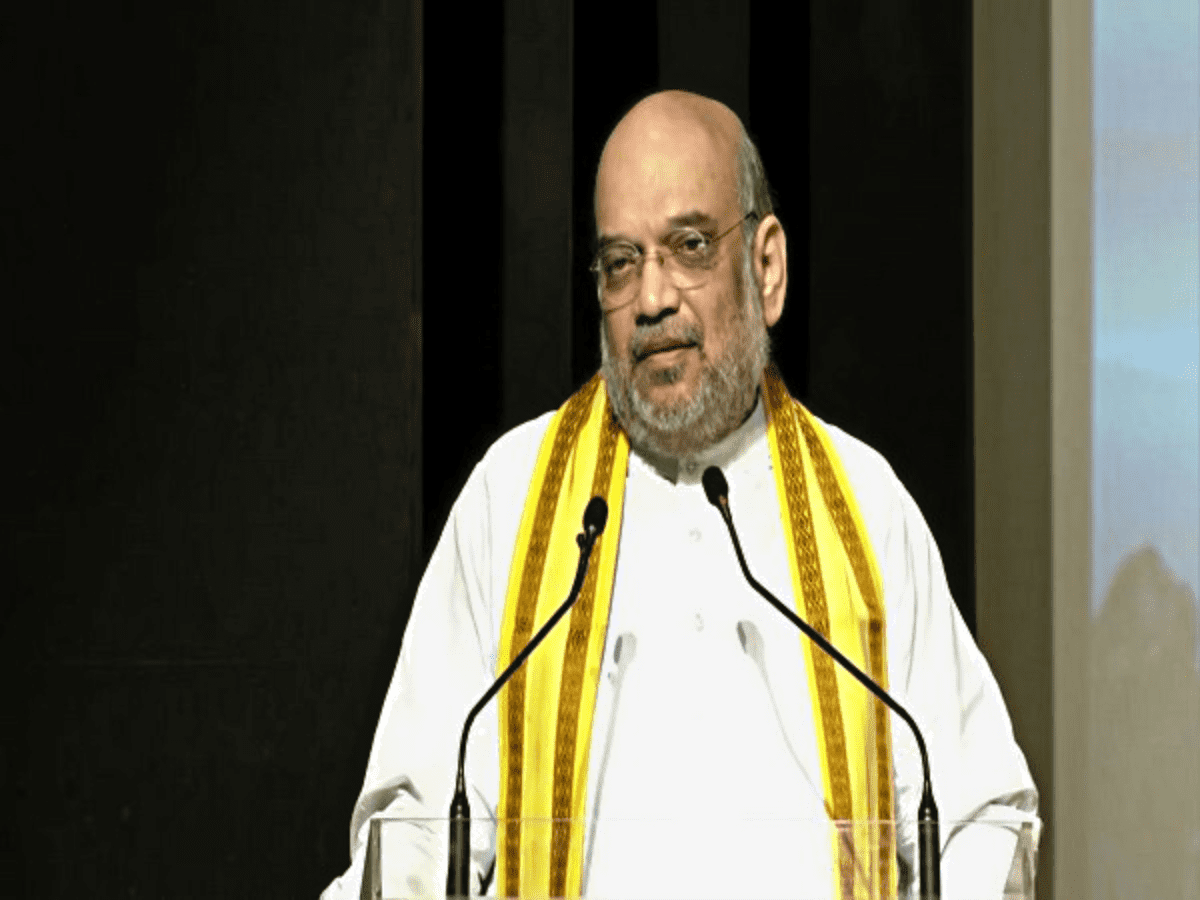
New Delhi: The government is planning to bring a bill in Parliament to link data related to birth and death with electoral rolls and the overall development process, Union Home Minister Amit Shah said on Monday.
Inaugurating the ‘Janganana Bhawan’, the office of the Registrar General and Census Commissioner of India, Shah said the census is a process that may form the basis of the development agenda.
Digital, complete and accurate census figures will have multi-dimensional benefits, he said, adding planning based on the census data ensures development reaches the poorest of the poor.
Shah also said if the birth and death certificate data are preserved in a special way, development works can be planned properly.
“A bill to link death and birth register with electoral rolls will be introduced in parliament. Under this process, when a person turns 18, his or her name will be automatically included in the electoral rolls. Similarly, when a person dies, that information automatically will go to the Election Commission, which will start the process of deleting the name from the voters’ list,” he said.
Officials said the bill proposed to amend the Registration of Birth and Death Act (RBD), 1969, will also facilitate matters related to the issuance of driving licences and passports and giving benefits of the government welfare schemes to people besides others.
Earlier the development process happened in fragments because adequate data for development was not available, he said.
After 70 years of independence planning was adopted to electrify every village, to give a home to everyone, to give tap drinking water to everyone, to give healthcare to everyone, to give toilets to every home, Shah said.
“It took so long because no one had the idea as to how much money will be required to fulfil these basic necessities because the utility of the census was not conceived, the data related to the census were not accurate, the available data was not accessible online and coordination with census and planning authorities were absent,” he said.
“I have been involved in the development process for the last 28 years and have seen that the development in our country has been demand-based. Public representatives who had sway could extract more benefits of development for thier constituency. This is one of the reasons why our development has been fragmented and more expensive due to duplicacy,” he said.
Along with the new Janganana Bhawan, the minister also inaugurated a web portal for registrations of birth and death.
A collection of census reports, an online sale portal of census reports, and an upgraded version of the SRS mobile app equipped with a geofencing facility were also unveiled.
Shah said the mobile app equipped with geo-fencing will ensure that the authorities know that the enumerators record data by going to the blocks assigned to him or her and no one can make fake entries without visiting the blocks.
This will ensure that the data recorded are accurate, he said.
“Census is a process that outlines a nation’s development process. So it is very much necessary to make it foolproof and flawless by using technologies like an upgraded version of the SRS mobile app equipped with a geo-fencing facility,” he said.
He said enumeration in the next census will be carried out in an electronic format where self-enumeration will also be allowed.
